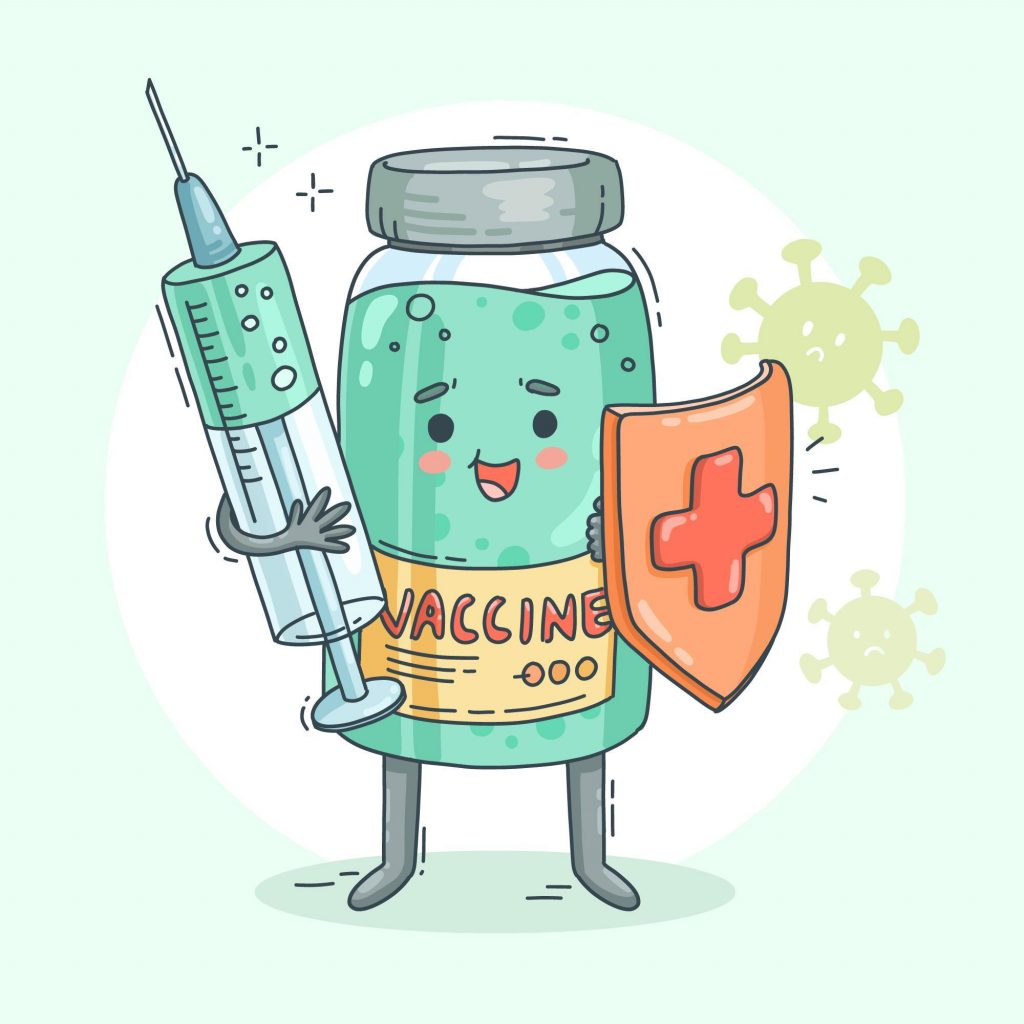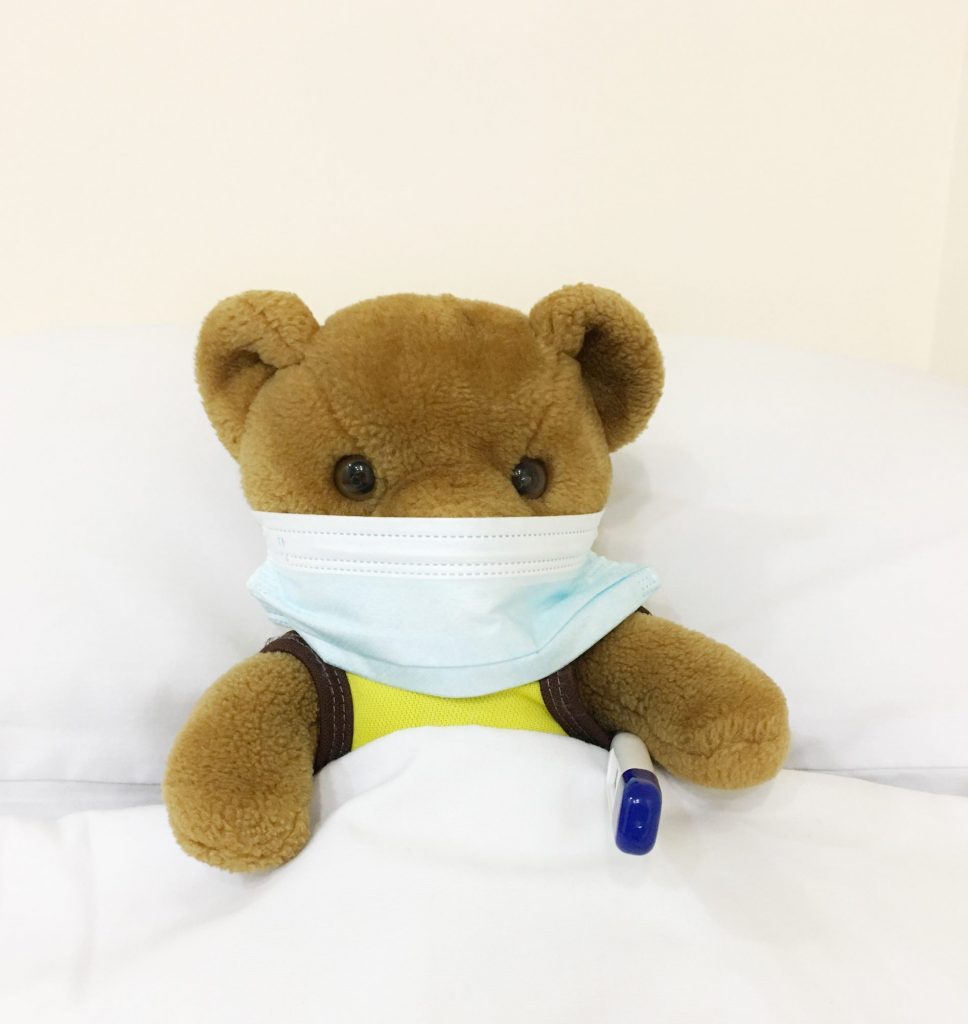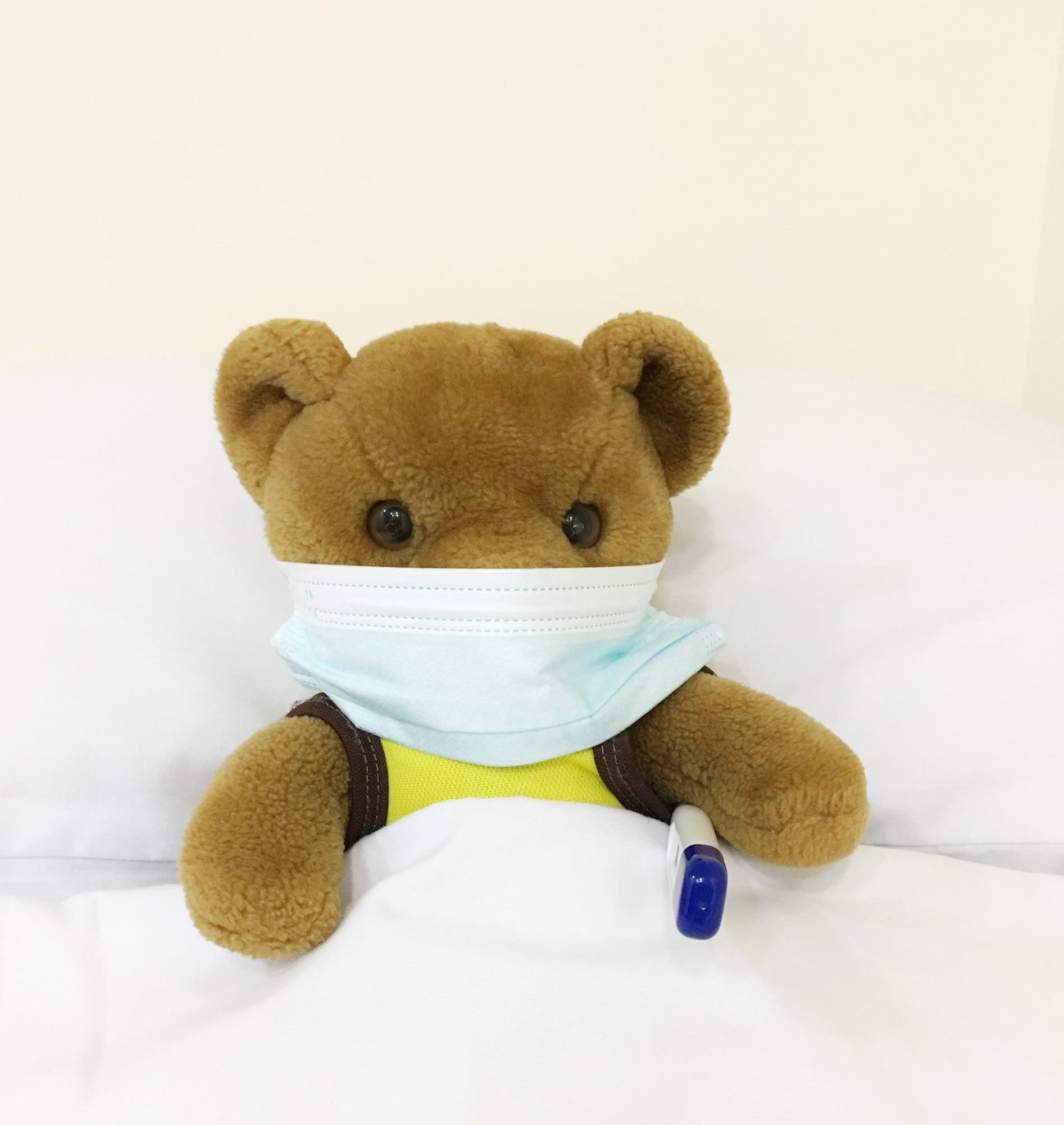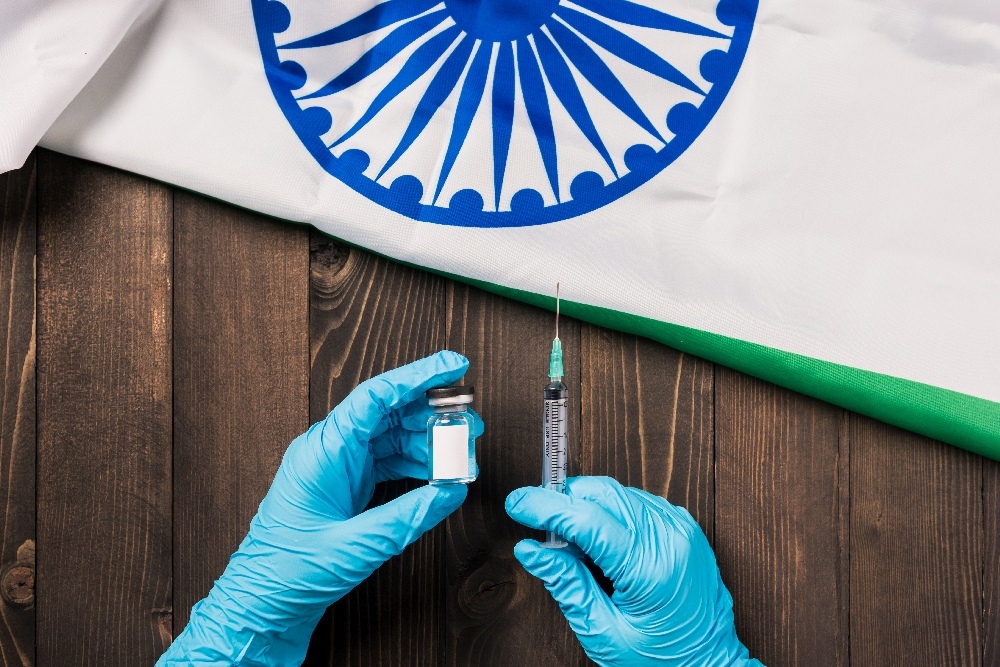Immunization by vaccination is a process that every parent will have to take their child through, very early in their life. Your pediatrician might already have told you about the immunization schedule that your child is expected to follow, but there are still certain things that you need to keep in mind about the immunization process. Here’s a handy guide of the things to know before, during, and after your child’s vaccination.

There are steps you can take to make your kids comfy with vaccines.
Things To Know Before Your Child’s Vaccination
Check The Vaccine Schedule
India currently has 2 vaccination schedules – the National Immunization Schedule (NIS) under the Universal Immunization Programme (UIP) and the schedule by the Indian Academy of Pediatrics (IAP). Talk to your pediatrician about these vaccination schedules, and whichever one you follow, make sure you get a copy of your child’s schedule from them.
The schedule will help you keep track of any upcoming vaccine dates so that you can make time for it and prepare your child for it in advance. Worried about keeping track of things on a piece of paper? Look into apps that digitize vaccination records, like the ImmunifyMe app.
Research
Before you take your child for their shot, read up a bit on the vaccine, and its possible side effects. Then, note down any questions or doubts that you might have about the vaccination process. It is important to get these doubts cleared up by the pediatrician before the vaccination takes place.
Know About Vaccine Precautions
It’s important for you as a parent to be aware of vaccine precautions so your child’s vaccine can be as effective as possible. A precaution is a potential risk that the vaccine could pose to your child. Some things you need to be on the lookout for and inform the pediatrician of are if your child has any allergies, is suffering from a high fever, or is currently on any medication.
Know How To Prepare Your Child
Depending on how old your child is, the process of preparing your child will change. It will also be different for oral and intravenous vaccines.
The vaccines that they are given during the first few months of their life shouldn’t pose much of a challenge to you, because babies can’t understand complex concepts like ‘fear of needles’. Just make sure that your baby is healthy, hydrated, and well-fed before you take them for the vaccine.
Slightly older children (over 2 years old) might have developed a fear of needles. Or, they might not be comfortable around strangers, like their pediatricians. In such situations it will fall upon you, the parent, to reassure them that everything will be fine, and they have no reason to fear anything.
Here are a few things that you can keep in mind on how to prepare your child for a vaccine:
- Build trust: Tell your child that the pediatrician is someone who is trying to help them. This may not do a lot to avert their fear, but the reassurance from their parents can certainly make a difference.
- Do not make fun of their fear: Do not belittle their fear or joke about it. Even though it might feel like you are making the atmosphere light, this will just make your child even more panicky.
- Tell them that it’s healthy for them: Your child might be confused about what the vaccine actually is since they are used to only taking medicines after getting sick. Make them understand that a vaccine is just like medicine and that it will keep them healthy. This can help lower their fear and confusion to some extent.
- Remain calm: If you’re panicking about your child’s vaccine, your child will follow your cues and panic as well. It’s important for you to remain calm and reassuring so that they can stay as calm as possible.

The sight of the syringe may scare them, so make sure you reassure your kid.
Things To Remember During Your Child’s Vaccine
A doctor’s office can be an unfamiliar and scary place for your child. No matter how much you prepare them before the vaccination visit, it is very likely that your child will still be at least a little afraid. It will fall upon you as well as the pediatrician to make the child comfortable during the vaccination process. Here’s what you can do:
Reassure Them
Telling your child that a vaccine is painless isn’t going to help when they actually feel the needle prick. Instead, tell them it feels like a small pinch on the arm, and that more importantly, it’s a temporary feeling. Understand that your child trusts you more than anyone else, and this kind of reassuring information coming from you is likely to make them feel at ease faster than anything else.
Distract Them
This is a classic technique that has been used by parents and doctors for ages. Young children pay the most attention to new and interesting things in their surroundings. When they are about to get the shot, their entire focus will naturally be on the syringe. It will be your job as a parent to draw this attention away from that.
Distract your child so that they are no longer paying attention to the pediatrician and the needle. You can do this by continuously talking to them throughout the process. Tell them a story, draw their attention to any diagrams or charts that you can usually see hanging in a doctor’s office, or just show them their favorite toy.
Console Them If Required
It is possible that your child might still end up upset or crying during the process. Console them, and tell them that it is over. Do not scold them for crying or ‘making a scene’. The first few shots can be scary and uncomfortable for your child. Respect their discomfort, and understand that they are being as brave as it is possible for them to be.

It will take a bit of work to make your child see vaccines as something good and helpful.
Things To Know After Your Child’s Vaccination
Now that your child has been vaccinated, there are a few things that you as a parent will have to do.
Check For Side Effects
A vaccine is given so that your child’s body can create immunity against a particular disease or illness. Their body will probably have some reaction to it, so you should know what to expect beforehand. Most vaccine side-effects are mild and temporary. Your pediatrician will most likely inform you of what side effects are normal, and what spells trouble.
The pediatrician will also likely ask your child to stay in one place for about 15 minutes or so to monitor any immediate side effects that might occur. This is one of the important things to know after your child’s vaccination so you can get help immediately if things seem wrong.
Discuss Medication
Discuss with the pediatrician whether it is okay to give them painkillers if they suffer from high fever as a side effect. Any medication you give your baby shouldn’t react with the vaccine, so make sure you consult on this before you give them anything. Not telling the pediatrician important information is often a mistake new parents make.
Keep Them Well Fed And Hydrated
It is possible that your child might develop fever or some swelling at the site of the injection. These side-effects are normal, and more importantly – temporary.
To ensure that your child recovers quickly from them, make sure they are drinking plenty of fluids, and eating enough food. It is possible that your child might be fussy about eating food because they don’t feel well, but ensure that they get their required daily intake of calories.
Conclusion
Childhood immunizations sure are essential, as are the other things it involves. This can be from maintaining a vaccine record to tracking a vaccination schedule. Ensure you download the ImmunifyMe app that can help you with these things, plus a lot more!
FAQs On Things To Know Before, During & After Your Child’s Vaccination
How Long Do Kids Feel Bad After Vaccinations?
Most side-effects of vaccines will start within 24 hours, and subside within 3-5 days. Effects of some vaccines may last longer, but most won’t last for more than a week. If they do, then you can consult their pediatrician on the next course of action.
Why Do Babies Get Sick After Vaccination?
It is normal for babies to get a little sick after vaccinations. It is a sign that their immune system is making new antibodies. These reactions will go away in a few days.
Which Vaccine Is Given At Birth?
The BCG vaccine, the birth dose of the Hepatitis B vaccine, and the birth dose of the OPV vaccine will all be given at birth, or as early as possible.
What Is A Traditional Vaccine?
A traditional vaccine helps the body develop antibodies, and allows it to combat the infection on its own. The main objective of the vaccine is to get the body used to fighting the virus, better preparing it to deal the virus in the future. There are four main types of vaccines:
- Live-attenuated vaccines – chickenpox, measles, mumps, rubella.
- Inactivated vaccines – Hepatitis A, Rabies
- Subunit, recombinant, polysaccharide, and conjugate vaccines – HPV
- Toxoid vaccines – tetanus, diphtheria







The other day, my wife and I realized that our child needs to get two vaccines soon. We’re relieved to have found your post about reducing the anxiety of our child during a vaccine application. We’ll definitely consider distracting our child to ensure he doesn’t see the needle.
It was most captivating when you shared that vaccine side-effects can transpire within 24 hours. My friend wants to get her child vaccinated. I should advise her to turn to a clinic that specializes in immunizations.